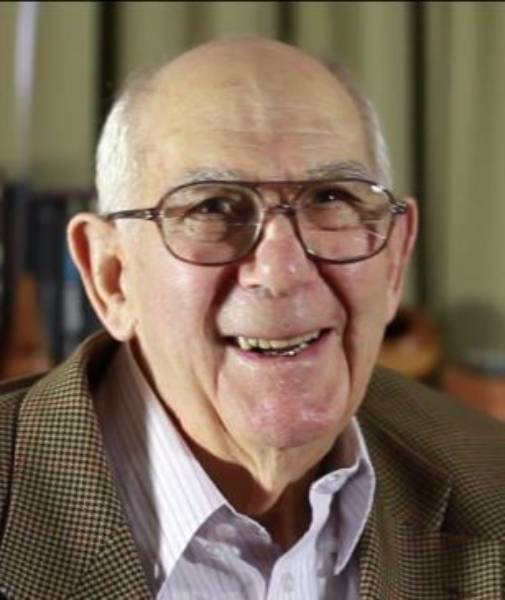Jubilee Fellow – 2017

Dr John Keeves AM
BSc (Adelaide), DipEd (Oxford), MEd (Melbourne), PhD (ANU), Fil Dr (Stockholm), FACE
Discipline: Education
Year Elected: 1977
2017 Reflections
John Philip Keeves has committed a lifetime career to education in the fields of Science, Mathematics and capabilities as well as stochastic analysis across all levels of operation in many countries of the world and was elected a Fellow of the Academy of the Social Sciences on Australia in 1977. He is a life member of the International Association for the Evaluation of Educational Achievement (IEA), and was Chairman of the Committee of Inquiry into Education in South Australia in 1980-81. He was Director of the Australian Council for Educational Research from 1977 to 1984, and Associate Director of the ACER from 1972 to 1977, following a Research Fellowship in the School of the Social Sciences at the Australian National University from 1967 to 1971. He has also been a Senior Visiting Scholar at the Institute of International Education in the University of Stockholm for 1971 and 1972, and was a visiting professor at the Institute in 1987-1989. In Stockholm he defended a disputation on Educational Environment and Student Achievement that was a pioneering study in 1972 in path analysis as well as multilevel analysis. He subsequently returned to Stockholm to prepare the reports of the Second IEA Science Study in the late 1980s, following retirement from the ACER in Melbourne.
In his earlier year he had been a student at Prince Alfred College in Adelaide from 1934 to 1942 and had graduated from the University of Adelaide with an Honours Degree in Physics and had returned to the school to teach for several years, and was in charge of the boarding house of the school. He subsequently went to teach for two years at Radley College in England from 1949-1951, where he discussed ‘on understanding science’ in classes of students who were non-specialists in Science, and then moving to Lincoln College, Oxford to undertake a Diploma in Education using this work in a minor thesis for his diploma.
He also read extensively in the field of education and experienced the richness of the university life, as well as travelling widely in Europe and later working at the University of Hamburg on the IEA Science Study.
He had developed an enthusiasm for hiking and walking in the Lake District of England, and in South Australia in the Flinders Rangers as well as the Fleurieu Peninsula, in spite of the difficulties encountered. In the later years of his active life he has been a visiting professor at both Flinders University and the University of Adelaide, where he has lectured to and supervised both higher degree and doctoral students.
